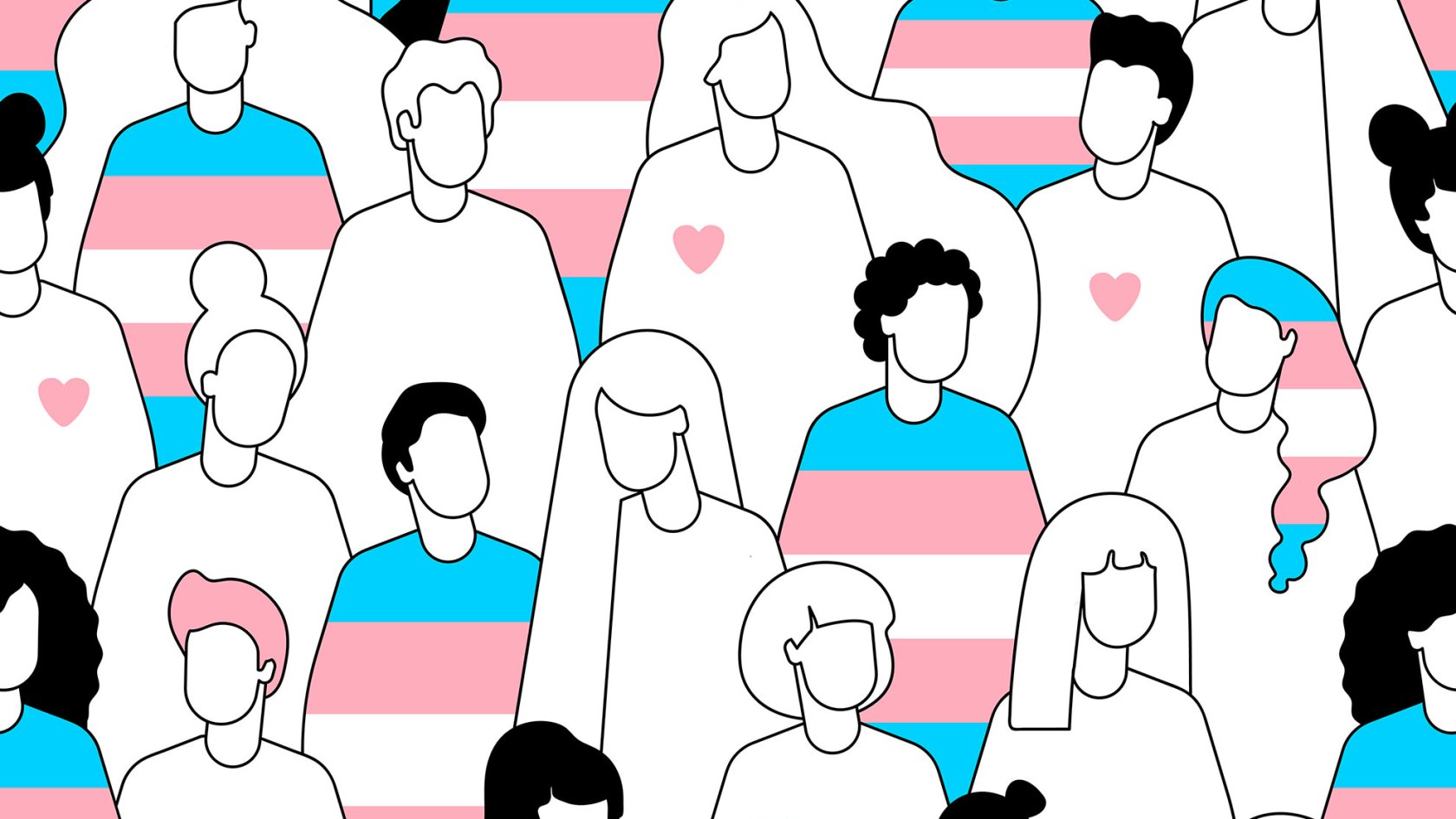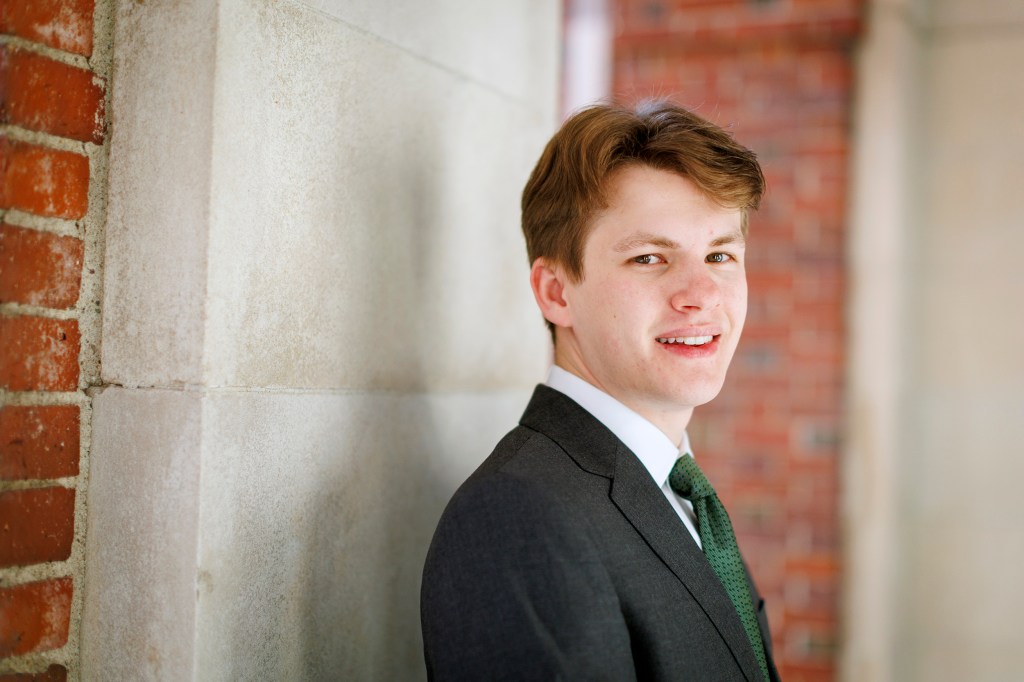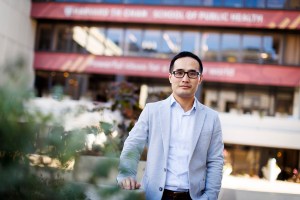
transgender crowd of people seamless pattern. International Transgender Day,31 March. Different people marching on the pride parade. Human rights.transgender person.transgender pride flag. transgender Pride month concept.Online Dating.
text with link.
This is a quiz.
Kindness Quiz (1)
Some text

Name Name
Quo modo autem philosophus loquitur? Tecum optime, deinde etiam cum mediocri amico. Invidiosum nomen est, infame, suspectum.

Name Name
Quo modo autem philosophus loquitur? Tecum optime, deinde etiam cum mediocri amico. Invidiosum nomen est, infame, suspectum.
- list item
- list item
- list item

Name Name
Quo modo autem philosophus loquitur? Tecum optime, deinde etiam cum mediocri amico. Invidiosum nomen est, infame, suspectum.
-
Memories of air-raid sirens, bombed-out tanks near Kyiv
Ukrainian physicians from Mass. General and Brigham & Women’s are leveraging what they see as their most effective asset — knowledge — to help those back home.
-
How Title IX transformed colleges, universities over past 50 years
It upended intercollegiate sports but also forced shifts in hiring, promotion, admissions, reckoning on sexual harassment, assault.
-
Brain practices new tasks while we sleep
Researchers look at “replay” during sleep, which is theorized to be a strategy the brain uses to remember new information.
-
Women in STEM need more than a law
Women scientists have seen gains in STEM since the addition of Title IX, but culture remains an obstacle.
-
Elif Batuman returns to Harvard
Author and alum Elif Batuman explains how changes, questions in her own life informed path of protagonist in new novel “Either/Or.”
-
‘You need to take care of your female student athletes’
Harvard’s Director of Athletics Erin McDermott and former Senior Associate Director of Athletics Pat Henry reflect on legacy of Title IX on its 50th anniversary.
-
Is recession inevitable? Economist says plenty of tools remain
Economist Betsey Stevenson assesses the effect of the Federal Reserve’s latest interest rate hike and whether a recession is now a certainty.
-
New institute to unite, advance Harvard efforts to stem tide of climate crisis
Gift from Melanie and Jean Salata to fund Salata Institute for Climate and Sustainability.
-
How humans evolved to get along (to extent that we do)
According to a new study, bonobo group dynamics show they are a model for the evolution of human peacemaking.
-
Make it new (by making it old)
Frame conservator Allison Jackson recreated a frame for the Harvard Art Museums by 19th-century artist Albert Moore.
-
Psychologist for back pain?
Low back pain is a leading cause of disability worldwide. Studies suggest best treatment combines physical, behavioral therapy.
-
A model for nation in family celebrations of Juneteenth
Historian and legal scholar Annette Gordon-Reed discusses how Texans celebrate our newest national holiday, Juneteenth.
-
Leeches as tool for map biodiversity
Scientists looking to measure the biodiversity of wild animals in a nature reserve are taking their lead from leeches.
-
Sifting the damage of pandemic-era drinking
As studies signal serious health consequences, specialists scramble to treat acute cases and reinforce limits that define moderate use.
-
Is there anything to learn about Watergate? New history says yes
Historian and journalist Garrett Graff ’03 explains why the Watergate break-in wasn’t the true beginning of Watergate.
-
Watergate through a Harvard lens
Many important players in the Watergate saga had Harvard connections.
-
Global helium shortage slams brakes at Harvard labs
Latest helium shortage is impacting scientific research, equipment, and progress of grad students.
-
Mass shootings reignite youth gun control push
Parkland survivor Jaclyn Corin ’23 says her March for Our Lives group demands federal curbs at June 11 protests in D.C., hundreds of cities, towns.
-
How the brain responds to infection
Study illuminates connections to immune system.
-
Larry Bacow, University’s 29th president, to step down next June
The 29th president of Harvard University announced that he will depart on June 30, 2023.
-
Optimism lengthens life, study finds
Women who reported a positive outlook were likelier to live past 90, regardless of race or ethnicity.
-
9 months in, University CIO sees security, new tech advances ahead
Harvard Vice President and CIO Klara Jelinkova talks about the digital pivot Harvard had to make during the pandemic, lessons learned from it, and the growing threat of cybercrime.
-
A new day of celebration
Harvard graduates from around the world return to campus for Harvard Alumni Day.
-
Fight, flight, or freeze: how our bodies respond to doomscrolling
Experts examine how our bodies respond to doomscrolling.
-
New tool models evolution of opioid crisis
To help combat the opioid crisis, researchers have developed a tool, known as SOURCE, which taps national data on opioids to track stages of use and misuse, including use initiation, treatment, relapse, and death by overdose.
-
Poverty linked to worse outcomes in pediatric cancer
Race, ethnicity, poverty linked to worse outcomes in children treated for high-risk neuroblastoma, according to new study.
-
Longevity starts when we’re young
A new study shows that health and habits as children and teens affect not only health as adults, but lifespan.
-
Finding fresh perspectives in ‘1776’
The American Repertory Theater’s “1776” gives actors in this cross-gendered, racially diverse revival a way to mine complexities of race, slavery, and humanity.
-
Some light in distance for major curbs to gun violence
A Harvard public health expert in gun safety thinks the U.S. will eventually become safer from gun-related violence, but he also sees a long, difficult road to get there.





